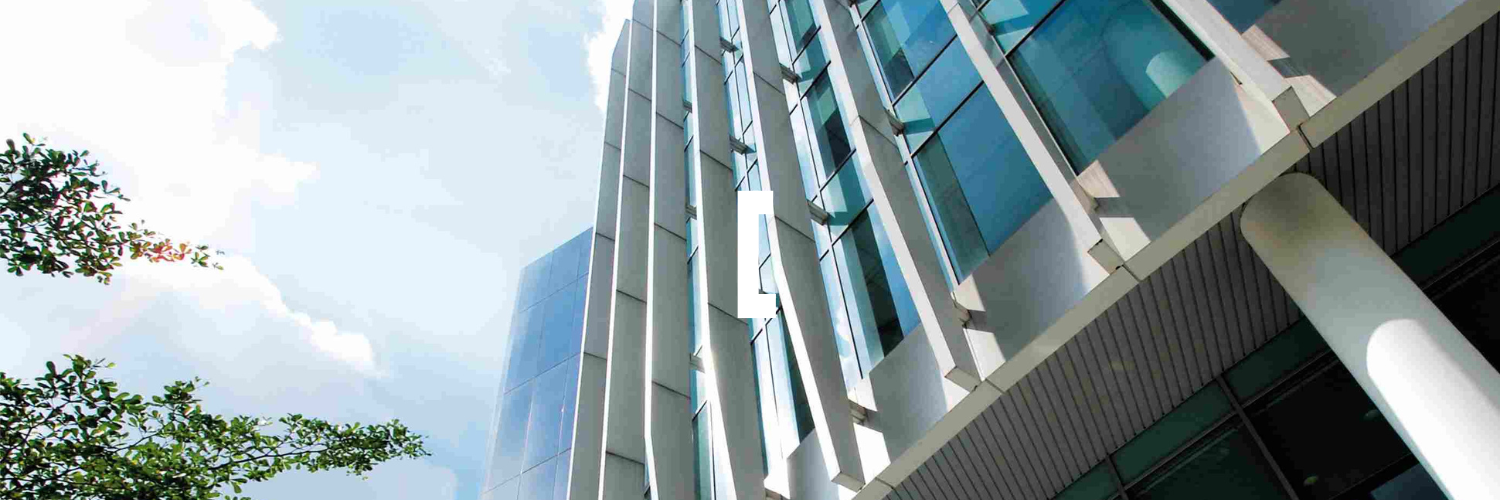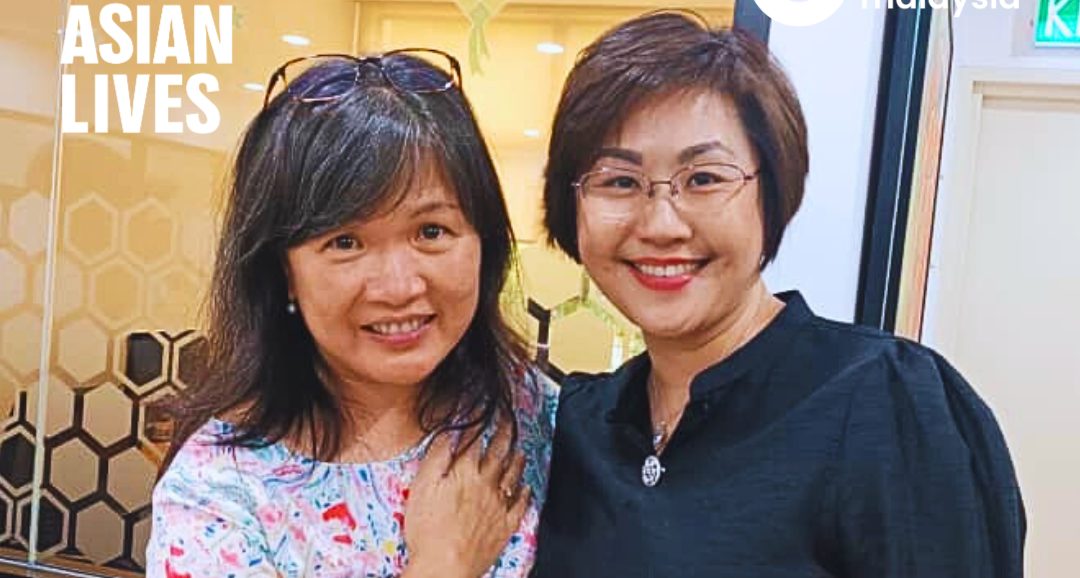IMU University (formerly known as International Medical University) takes a bold, confident step into the future, unveiling a strategic, inclusive new brand and direction that is aligned with the One Health concept espoused by the World Health Organization (WHO).
CHAMPIONING BROAD & INCLUSIVE INTERPRETATION OF HEALTH
One Health champions a broader and more inclusive interpretation of health, recognizing close links and mutual relationships that exist between humans, animals and ecosystems. In doing so, it champions greater collaboration and coordination between various fields in the face of emerging diseases, and aims to address the role of human activities in climate change.
In this same spirit, IMU University will expand its repertoire of programmes to encompass additional educational streams, including non-science and animal health streams, which support the broader interpretation of One Health.
 PROFESSOR GERARD GEORGE PROFESSOR GERARD GEORGEGroup Managing Director IMU University |
“In our interconnected world, healthcare cannot exist in a vacuum. Adopting a more holistic approach to education, we embrace the growing diversity within healthcare to offer our students a wider range of learning and career opportunities in disciplines such as business, technology, and social sciences. In doing so, we aim to nurture future professionals, scholars, policy makers and industry leaders who are purpose-driven to make a positive impact on the future of healthcare,” says Prof Gerard George, the Group Managing Director of IMU University.
THE FIRST AND FOREMOST MALAYSIAN PRIVATE MEDICAL UNIVERSITY TO FORGE NEW MILESTONES
This rebranding marks the next step moving into the institution’s 32nd year as Malaysia’s first and most established private medical and health sciences university. Since its inception, IMU University has continually pushed the boundaries of excellence, growing from a private medical university to attain self-accreditation status from the Malaysian Qualifications Agency (MQA).
In MQA’s most recent review, IMU University was ranked among the country’s top 8 institutions and its reputation is further secured by receiving SETARA’s highest accolade for the third consecutive time.
As a nod to these achievements, IMU University retains key elements of its brand logo to demonstrate the institution’s continuity, with the distinctive Rod of Asclepius as testament to its enduring legacy in healthcare while the globe represents its continued ambition to nurture leaders of international calibre through world-class educators, dynamic innovation and collaborative global partnerships.
“Our established presence and experience in healthcare education makes IMU University a strategic choice for those seeking to gain a broad understanding of interdisciplinary skills and knowledge that are relevant to the healthcare ecosystem, for a more fulfilling and impactful career,” explains Prof Gerard.
With this forward-thinking rebranding, IMU University demonstrates agility and continuing commitment to champion health equity and quality of life for a better world through excellence in education, research, and innovation. Together with its renewed focus on sustainability, health equity, and global citizenship, the institution aims to pave the way forward, towards its goal to rank among the global top 500 universities.
For more information about IMU University, visit www.imu.edu.my (links open in a new tab).
This is a press statement from IMU University. It has been edited for clarity.



